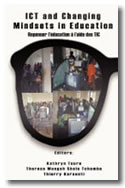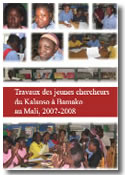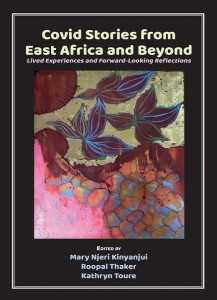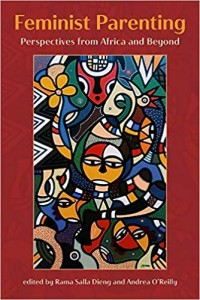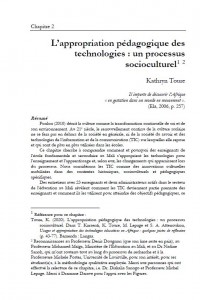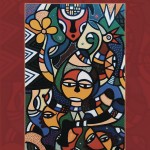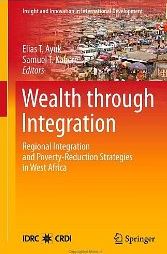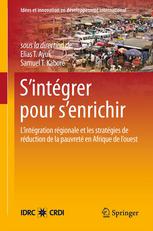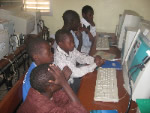Is Decolonization More Than a Buzzword? January 19, 2025 No Comments
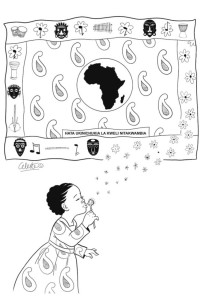
The 4th African Studies Association of Africa (ASAA) biennial conference was all about being human and (re)imagining the human from Africa. About 600 people participated, in person from Cape Town and/or virtually. The theme of decolonization was discussed in many of the 160 sessions over five days in April 2022 2. This chapter explores some of the themes that emerged in the presentations and discussions on decolonization, which some called merely a buzzword. Is decolonization more than a buzzword? And if so, is it even possible to achieve decolonization? To begin the reflection, how is the concept defined? Wunpini Fatimata Mohammed (2022), drawing on other scholars, writes that “Decolonization is rooted in dismantling colonial and imperialist systems… built into the social, economic, political, cultural, and religious realities of colonized peoples” and “requires tremendous work and effort in addressing these injustices.
